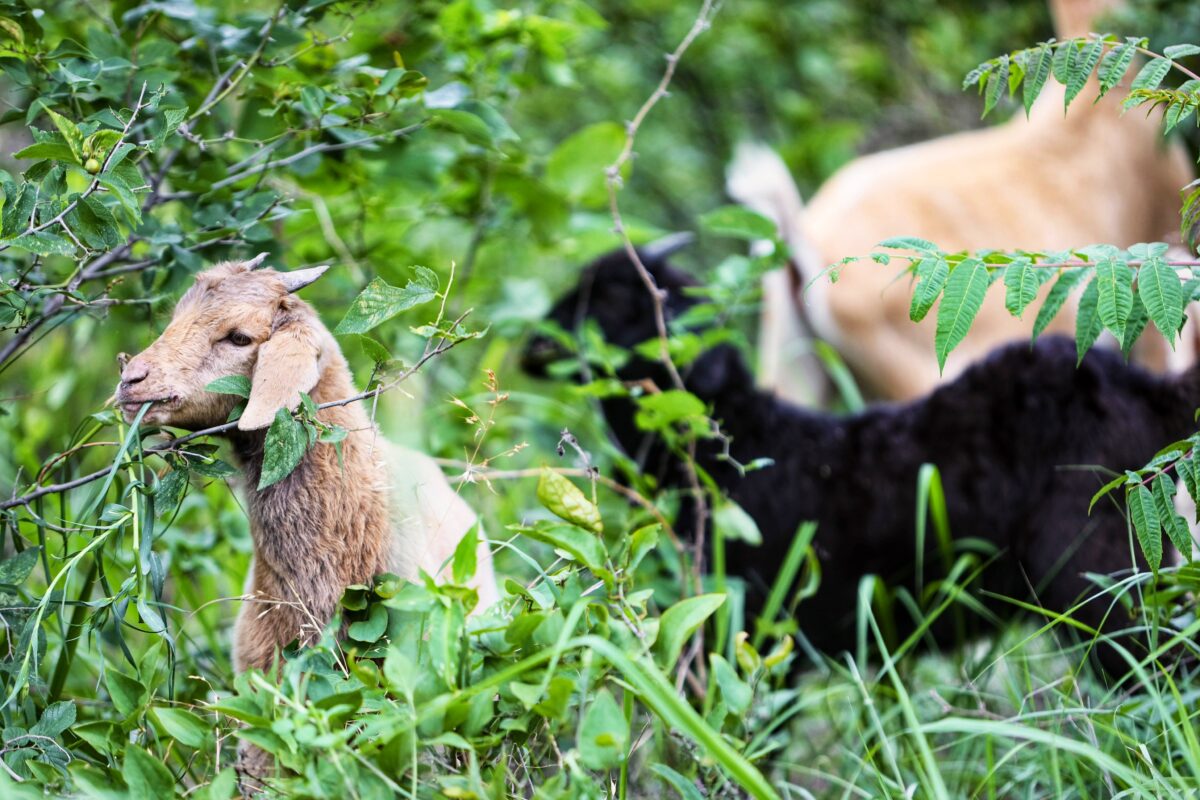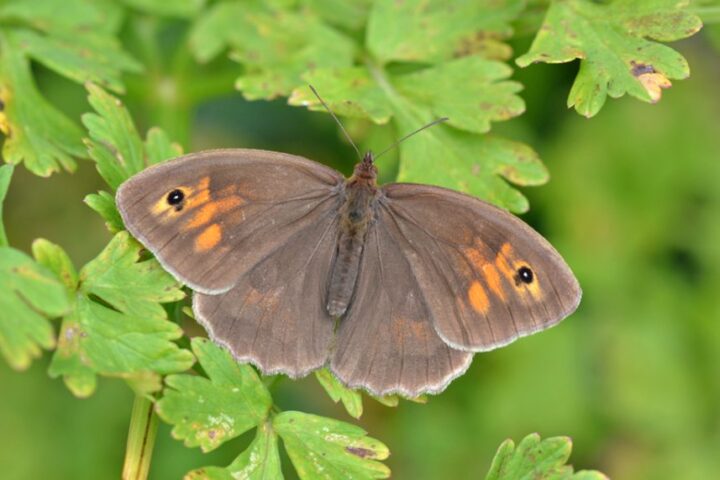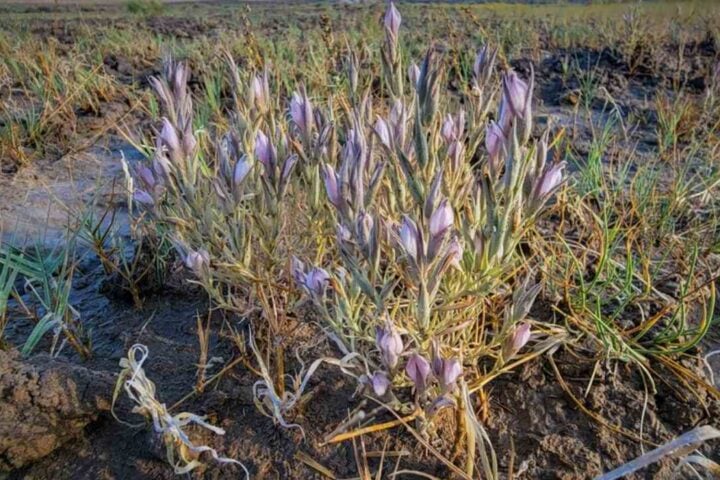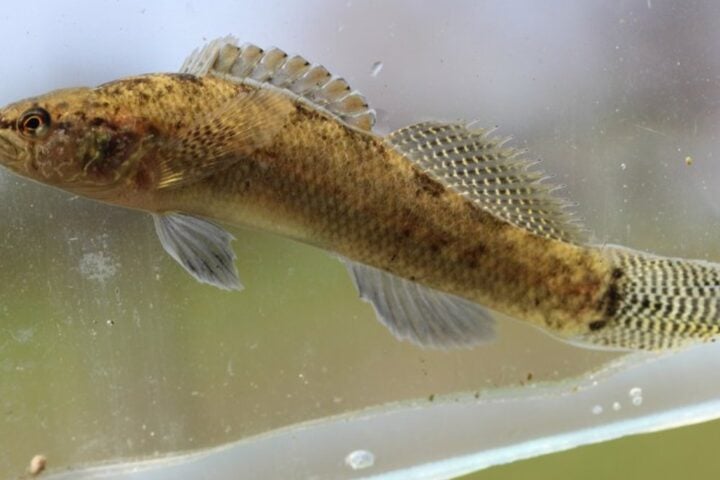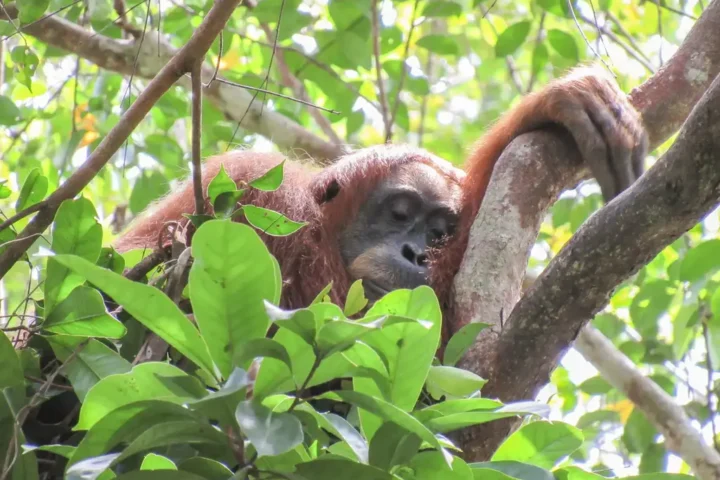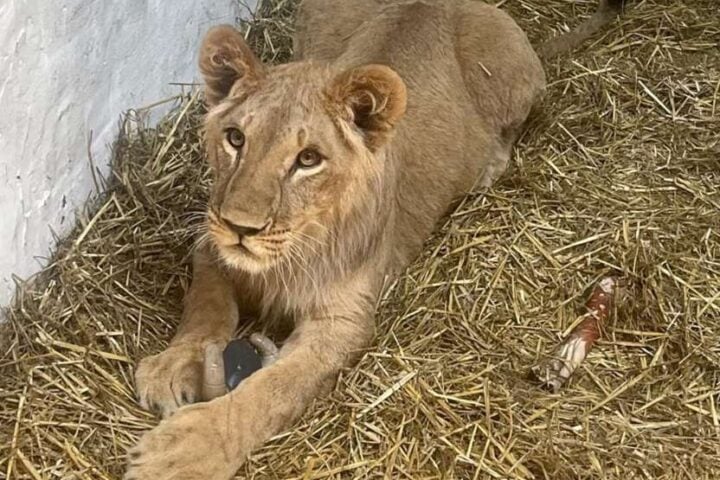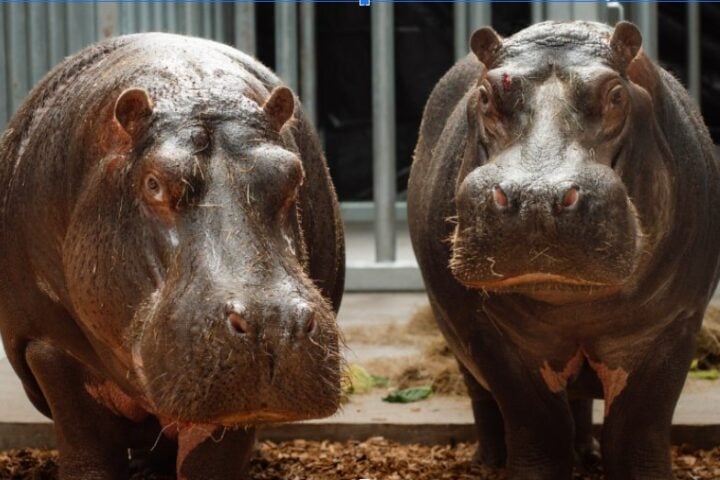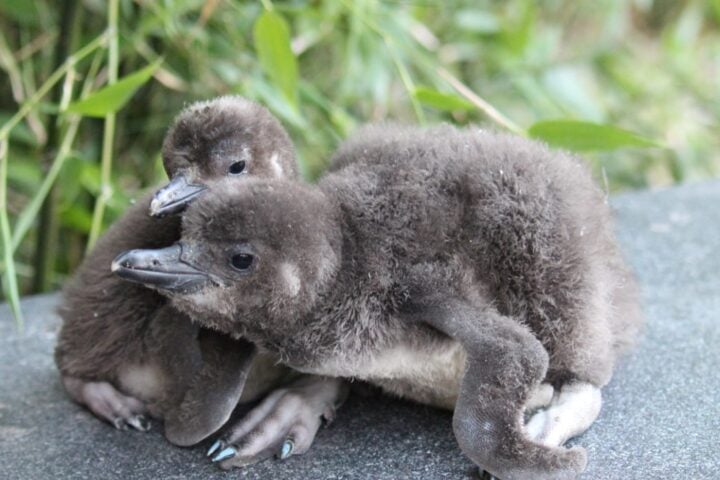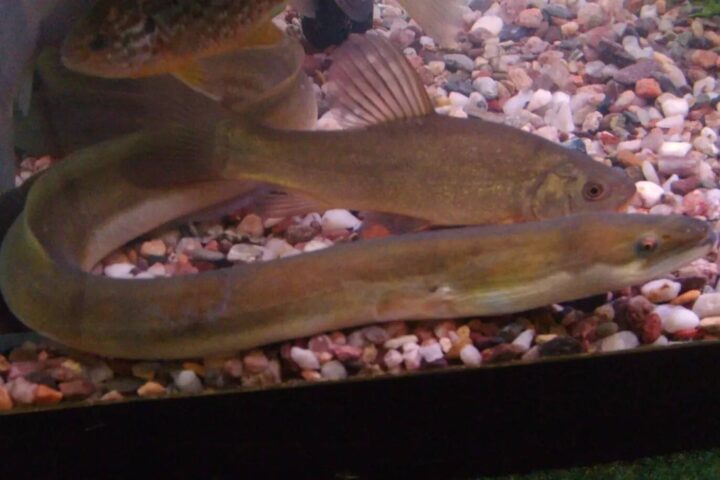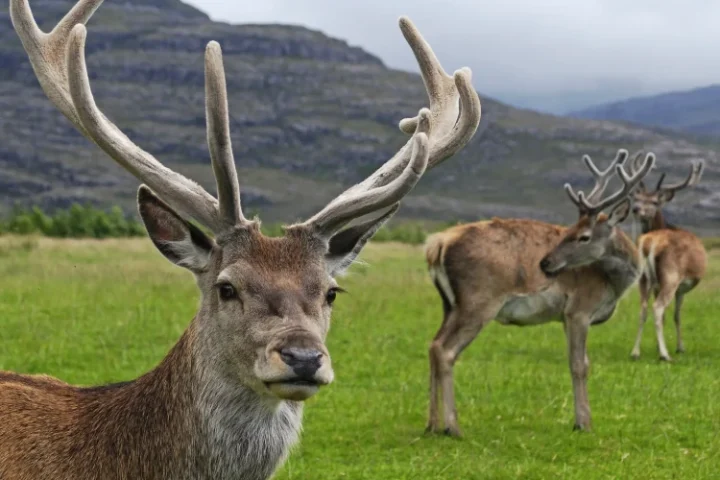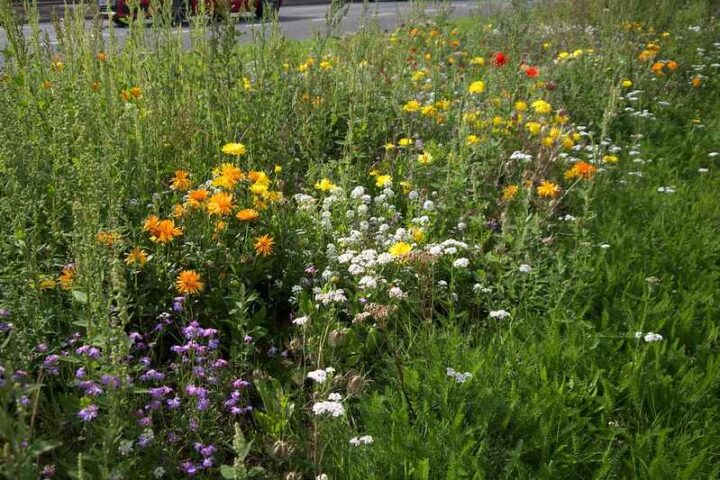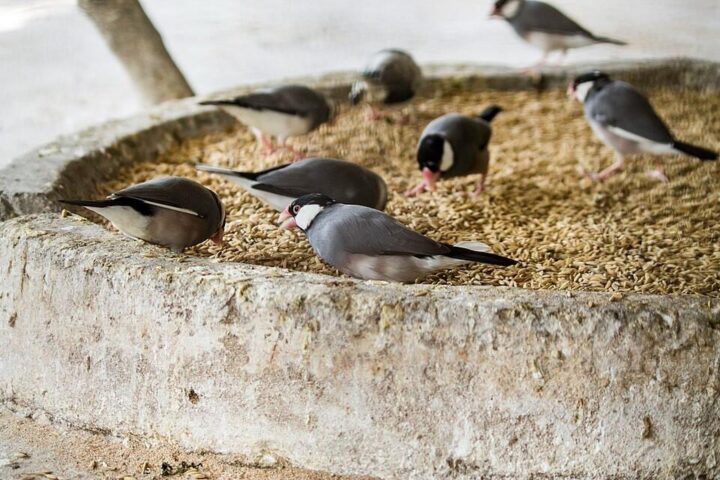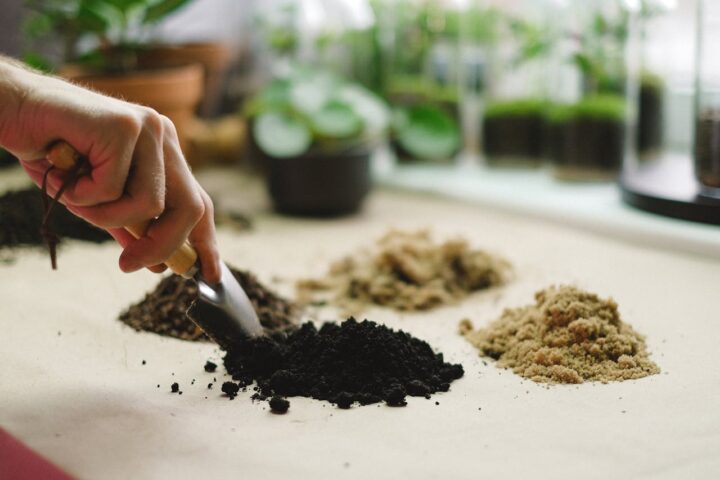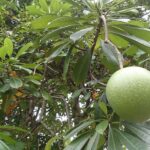Goats are proving to be a valuable asset in combating the menace of poison ivy and invasive plants in various regions. In Ann Arbor, Michigan, the city has employed goats from Twin Willow Ranch in Milan to remove poison ivy and invasive species from islands in Gallup Park. This initiative, which started in 2019, has been successful in reducing overgrown plants not only in Gallup Park but also in Cobblestone Farm and Burr Oak Park.
New York City’s Riverside Park Conservancy has also enlisted the help of weed-eating goats to clear invasive plants from the park’s steep western slopes. These goats will be the guests of honor at the Goatham Festival, where they will educate the public about local sustainability. The goats will graze on poison ivy and other invasive species, creating space for ecologically suitable plantings in the area.
Kansas City is joining the trend by utilizing a herd of 70 goats and sheep to clear overgrown weeds and invasive plants along the Missouri River. Thanks to a newly approved ordinance, the animals will graze in designated areas between the Town of Kansas pedestrian bridge and the Heart of America Bridge. The goats will cover approximately three acres of land by moving to new sections every few days. Goats and sheep are particularly useful in managing vegetation in difficult terrain and offer an eco-friendly alternative to human labor, chemicals, or burning.
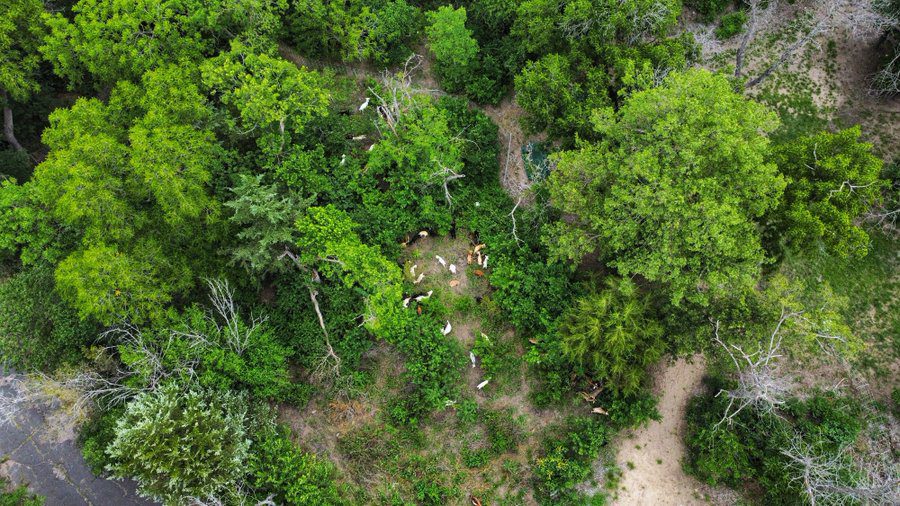
The use of goats for vegetation management is not limited to Kansas City. Lenexa, Lawrence, and Webster Groves have also experimented with goats to control invasive plants. In Wichita, a pilot program is underway, utilizing 130 goats to clear brush in a city park. The goats are proving to be a cost-effective and environmentally friendly solution to address vegetation and invasive species management. While goats provide initial defoliation, repeat treatments may be necessary to combat invasive species effectively.
In the Northeast, particularly in Massachusetts, goats have become popular for vegetation management and controlling invasive plants. Goats To Go, a business based in Georgetown, transports goats to cemeteries, parks, and schools to clear brush and invasive vegetation. Goats capers, as they are called, offer a natural and environmentally safe approach to removing unwanted vegetation, especially in delicate ecosystems. The demand for goat scaping services is high, but the availability of part-time, seasonal workers remains a challenge for goat rental businesses.
Cape Cod, known for its sensitive water aquifer, has embraced the use of goats for landscape maintenance. Goat grazing provides an all-natural method to maintain properties without the use of toxic chemicals. Goat scaping companies, such as Goat Green Cape Cod, have emerged to cater to the growing demand for these services. Despite the initial novelty, the effectiveness of goats in managing landscapes has been widely recognized.
Similar Post
Schools, like the Carroll School in Lincoln, Wayland, and Waltham, have also turned to goats to tackle invasive species such as poison ivy and Japanese knotweed. The environmentally sensitive areas surrounding the schools, such as wetlands and reservoirs, restrict the use of chemicals or tools for vegetation control. Hiring goats to eat away the problems has proven to be a safe and effective solution.
Goats have become valuable allies in the fight against poison ivy and invasive plants in various regions. Their natural inclination to consume dense and woody materials makes them perfect candidates for vegetation management. Whether it’s in parks, riversides, or urban settings, goatscapers have proven their worth as eco-friendly, cost-effective, and entertaining solutions for tackling unwanted vegetation and preserving the environment.
